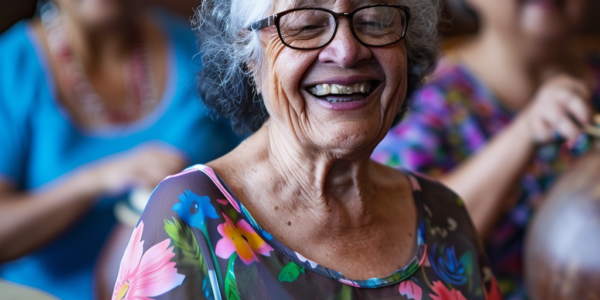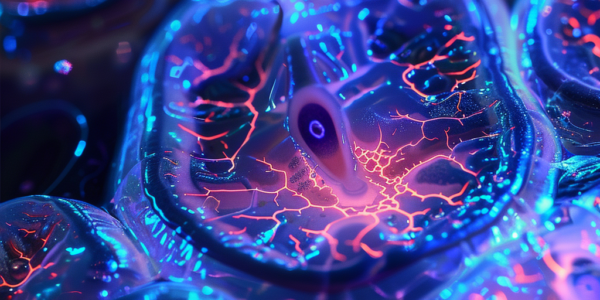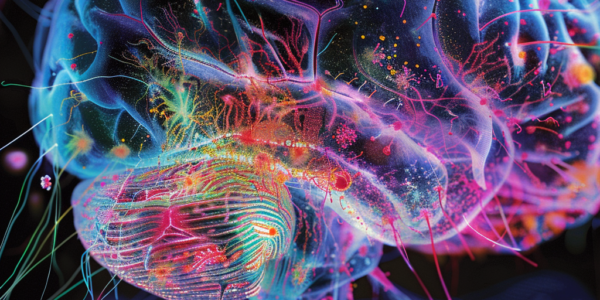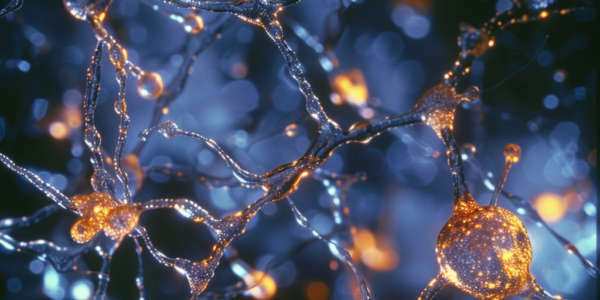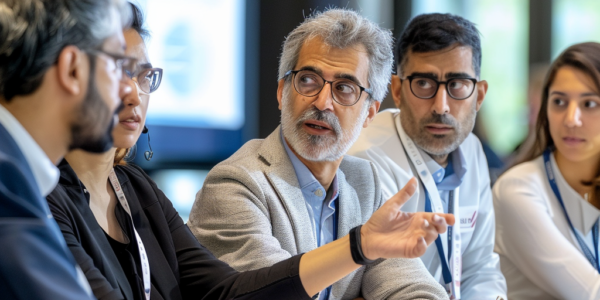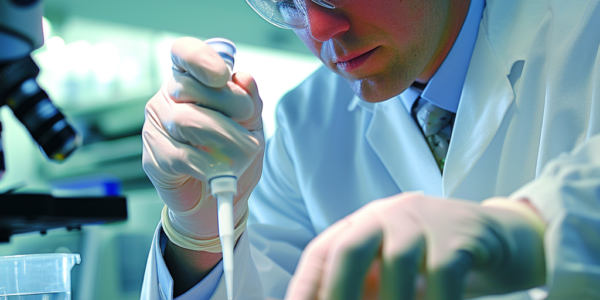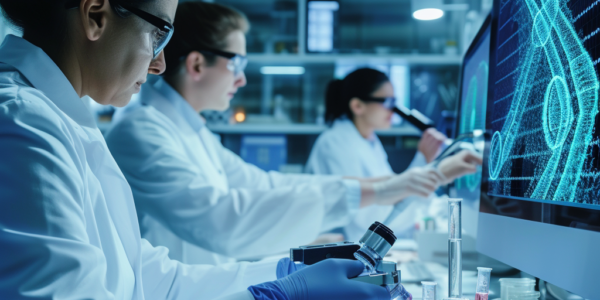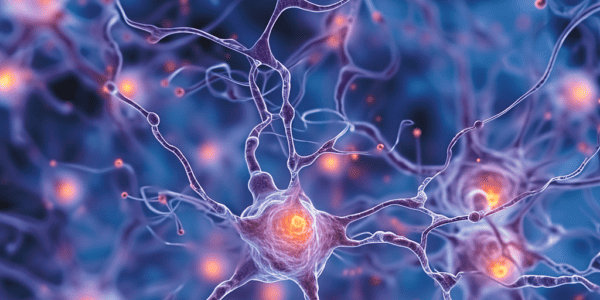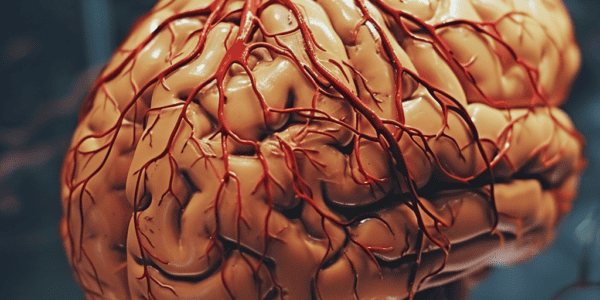Samba Drumming Class Helps Woman Manage Parkinson’s
Discover how samba drumming is helping 65-year-old grandmother Sara Dove manage Parkinson’s. Learn about the benefits of physical activity and the growing body of research supporting it as a recommended aspect of symptom management for Parkinson’s.
Organoids reveal link between traumatic brain injury and increased risk of dementia and ALS
A USC Stem Cell study reveals the link between traumatic brain injury and the increased risk of dementia and ALS. The study utilized lab-grown human brain structures known as organoids to explore potential strategies for mitigating these risks, identifying a gene called KCNJ2 as a potential target for intervention. This offers promising prospects for the development of post-injury treatments and preventive measures for individuals at risk of TBI.
Molecular Links Between ALS and Dementia Revealed in Groundbreaking Study
Groundbreaking study by MIT and Mayo Clinic researchers reveals remarkable similarities in cellular and molecular characteristics between ALS and frontotemporal lobar degeneration (FTLD). The findings suggest potential therapeutic targets for ALS may also be effective for FTLD, and vice versa, opening new avenues for understanding and treating neurodegenerative diseases.
New Study Suggests Fat Droplets in Brain Cells May Be Key to Fighting Alzheimer’s
Recent study suggests that fat droplets within brain cells could be a key factor in Alzheimer’s disease development. Targeting these droplets may lead to more effective treatments, opening up a new avenue for therapeutic development. This sheds new light on the potential role of fat deposits in brain cells in causing Alzheimer’s, offering a fresh perspective for future research and treatment development.
Innovative Approaches in ALS Treatment Showcased at AD/PD 2024 International Conference
The AD/PD 2024 International Conference highlighted innovative approaches for revolutionizing ALS treatment, emphasizing the urgent need for disease-modifying therapies. Discussions also focused on the use of neurochemical biomarkers in ALS drug development, signaling a potential shift towards more precise and targeted treatment approaches.
Nose Picking and Alzheimer’s Disease
A new study suggests that nose-picking may introduce pathogens that cause inflammation in the brain, increasing the risk of developing Alzheimer’s disease. The report’s authors urge people to stop picking their nose, as it may lead to neuroinflammation and the production of beta-amyloid, a protein associated with Alzheimer’s.
Abnormal Proteins Found in Spinal Fluid of ALS and Frontotemporal Dementia Patients
Abnormal Proteins Found in Spinal Fluid of ALS and Frontotemporal Dementia Patients Wednesday, January 31, 2024 Researchers at the National Institutes of Health have made a significant discovery in the diagnosis and understanding of amyotrophic lateral sclerosis (ALS) and frontotemporal…
Groundbreaking Discovery in Understanding Neurodegenerative Disease Origins through Ancient Human DNA Analysis
Scientists have made a groundbreaking discovery in understanding the origins of neurodegenerative diseases through the analysis of ancient human DNA. The research, led by a team of international experts, has resulted in the establishment of the world’s largest gene bank…
Study Links Short Strands of Toxic RNAs to Brain Cell Death in Alzheimer’s Disease
Scientists from Northwestern University and elsewhere have published details of a study that links short strands of toxic RNAs to brain cell death and DNA damage in Alzheimer’s disease and aged brains. The paper, which is titled, “Death induced by…
Reservoir Neuroscience Completes $4M Financing Round for Development of New Therapies
Reservoir Neuroscience has recently completed a $4M financing round to support its development of new therapies for neurodegenerative diseases. The initiative, led by Kizoo Technology Capital, aims to focus on brain health by developing a novel class of drug compounds…

